Disabled Parts
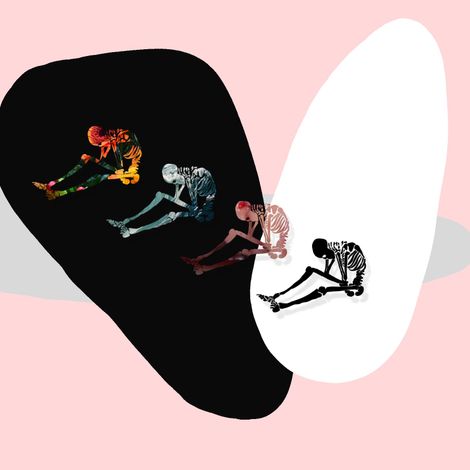
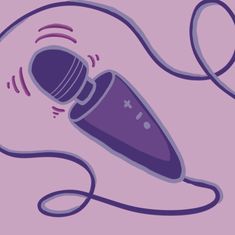
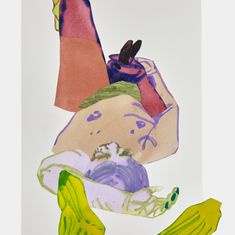
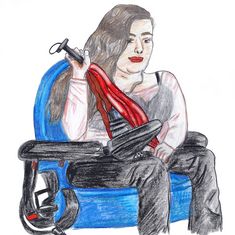
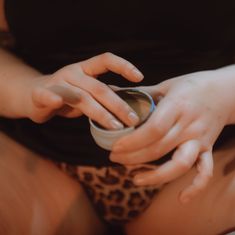
Disabled Parts is a website about disabled sexuality. It uses art and storytelling to illustrate disabled peoples' experiences of sex, intimacy, (re)connection and survival. Disabled Parts also includes resources for anyone looking to expand their knowledge and understanding of disabled sexuality.
Uplifting disabled joy, healing, sexuality, and pleasure is one radical and necessary way to reclaim power and fight against ableism. The art and writing shared on Disabled Parts is about deepening our connection with our bodies, ourselves, and each other. This is especially important as we navigate the ongoing pandemic where we are surviving and resisting isolation and the crisis of care.
We also provide free sex toys, through partnership with toy shops and manufacturers. Disabled folks who are interested also have the option of a conversation with ck, to figure out what kind of toy would be best for them! For many disabled people, using toys is a way for us to have greater access to our bodies and to discover new avenues for pleasure. These tools can be assistive technology that we use to make it possible for us to access the sex and play that we dream of and deserve, but because of the cost, sex toys are often not accessible to disabled people who need them.
What our grantee is saying: "We are so excited to be able to use this money to pay more disabled writers and artists to contribute their experiences of sex and sexuality to the archive on disabled parts. it will be great to be able to use some of these funds to improve the accessibility of the website as well. thank you to the awesome foundation for uplifting the expansive beauty that is disabled sexuality!"
What our trustees are saying: "Sex and disability is still taboo, and I am really excited about the ways this project not only upends that falsehood, but also empowers actual people with disabilities to explore their own sexuality by having the opportunity to read others’ experiences and financial support to try toys. I was happy to see the money going to pay for disabled creators, and to expand access further with audio recordings of the text articles."